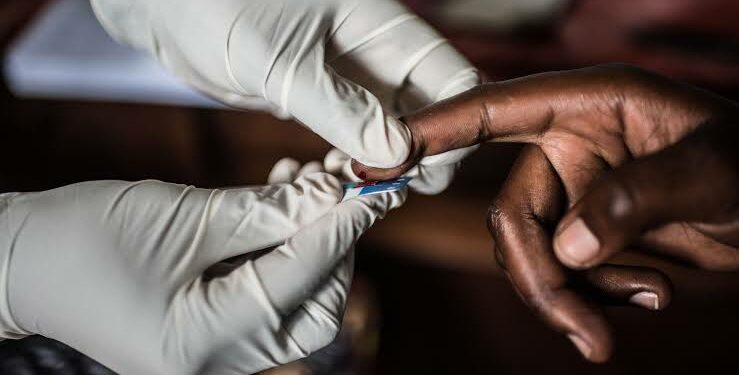Uganda has made commendable progress in its fight against HIV and AIDS, with HIV prevalence dropping from 18% in the 1990s to 5.1% today. Despite these strides, the epidemic persists, and the battle is far from over. Speaking ahead of World AIDS Day 2024, Dr. Vincent Bagambe, Director General of the Uganda AIDS Commission (UAC), highlighted the country’s achievements while underscoring the challenges that remain.
“Uganda has come a long way in the fight against HIV. Today, 92% of people living with HIV know their status, and over 90% of those diagnosed are on lifesaving ARVs,” Dr. Bagambe noted. He added that since 2016, the country has seen a dramatic reduction in new HIV infections, from 68,000 annually to 38,000, and a drop in AIDS-related deaths from 30,000 to 20,000.
Prevention of mother-to-child transmission (PMTCT) programs have also been effective, halving the number of babies born with HIV from 8,800 in 2016 to 4,700 this year. However, Dr. Bagambe stressed that there is no room for complacency. “The epidemic is still generalized, with pockets of concentration among key and vulnerable groups,” he said.
Recent data revealed that among 23,976 newly identified HIV-positive individuals, 8.3% had acquired the infection within the past year. Dr. Bagambe highlighted the disproportionate impact on women, particularly young women aged 15-24 years, who account for 22,000 of the 38,000 new infections annually. “HIV prevalence among adolescent girls and young women is four times higher than their male counterparts. We must focus our interventions on this vulnerable group,” he said.
As Uganda prepares to commemorate World AIDS Day on December 1 in the Buyende District under the theme, “Accelerating Interventions to End AIDS by 2030,” Dr. Bagambe called for renewed stakeholder commitment. Reflecting on the media’s historical role, he said, “The media has been part of Uganda’s global success story in the fight against HIV. I urge you to take up the ‘enduuru challenge’ and amplify accurate prevention messages, fight stigma, and advocate for increased domestic funding for HIV interventions.”
He emphasized the need for a multi-faceted approach to address high-risk behaviors and structural issues fueling the epidemic. “We need to tackle multiple sexual partnerships, suboptimal condom use, and gender-based violence, as well as the stigma and discrimination that continue to plague people living with HIV,” Dr. Bagambe stated.
Dr. Bagambe also urged the public to live responsibly and adhere to the ABC approach of Abstinence, Being faithful, and Condom use—popularized by President Museveni. “If you are not sure of your HIV status, take a test. If you are positive, start treatment immediately and follow your doctor’s advice. Your health is your wealth,” he said.
As part of this year’s World AIDS Day activities, the UAC is running a Red Ribbon Campaign to spark public dialogue and encourage HIV testing. “Wear the red ribbon to remind everyone around you to take an HIV test and know their status. Let’s keep wearing the ribbon until December 1,” he urged.
Dr. Bagambe concluded with a rallying call to action: “Uganda has pledged to end AIDS as a public health threat by 2030. This will only be possible if we all touch the deck. Together, we can achieve an AIDS-free generation.”
Do you have a story in your community or an opinion to share with us: Email us at editorial@watchdoguganda.com













